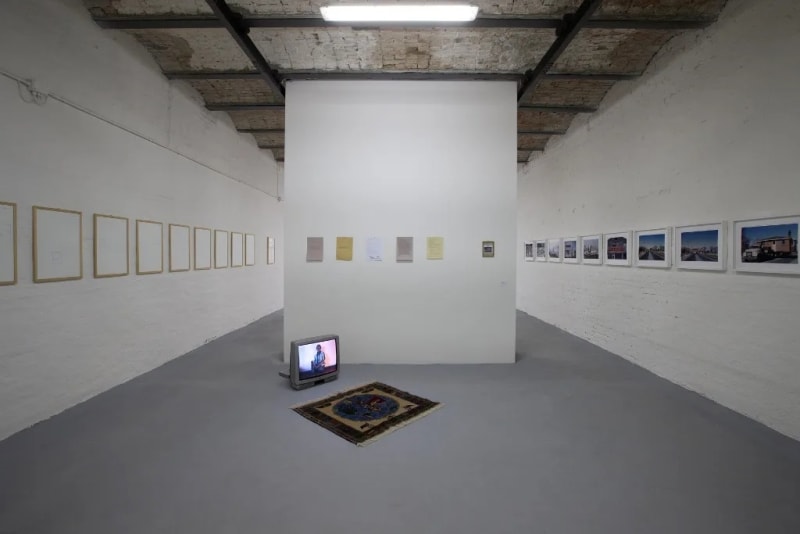Alighiero Boetti (1940-1994) was an Italian conceptual artist, known for his participation in the Arte Povera movement in the late 1960s before developing a highly individual practice. Boetti's work is characterized by his exploration of themes such as duality, multiplicity, and the relationship between order and disorder. He is perhaps best known for his series of embroidered maps, "Mappa," which depicted the world's nations with their flags, reflecting changes in political borders and global identities over time.
Boetti's approach to art was unique in that he often involved collaboration with others in the creation of his works, most notably with Afghan craftswomen for his "Mappa" series, which highlighted not only geopolitical themes but also the significance of cultural and artistic exchange. His other notable works include "Arazzi" (tapestries) and "Tutto," where he explored the concept of totality and the complexity of categorizing the world.
Boetti's fascination with systems, patterns, and the classification of knowledge led him to use a wide range of materials and techniques, from postal stamps and pencil drawings to textiles and watercolors. His art remains influential, reflecting a deep engagement with the socio-political issues of his time and a playful yet profound inquiry into the nature of artistic creation and identity.
